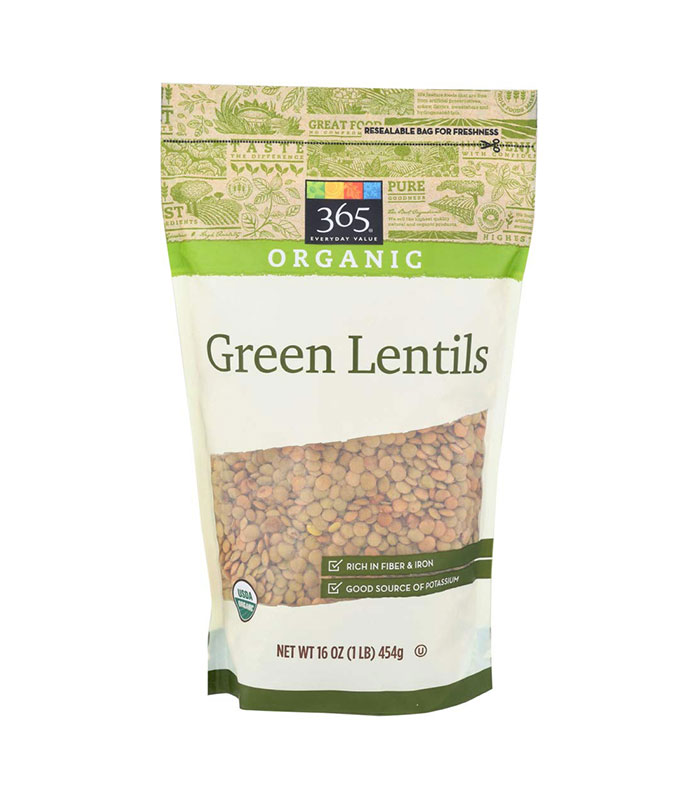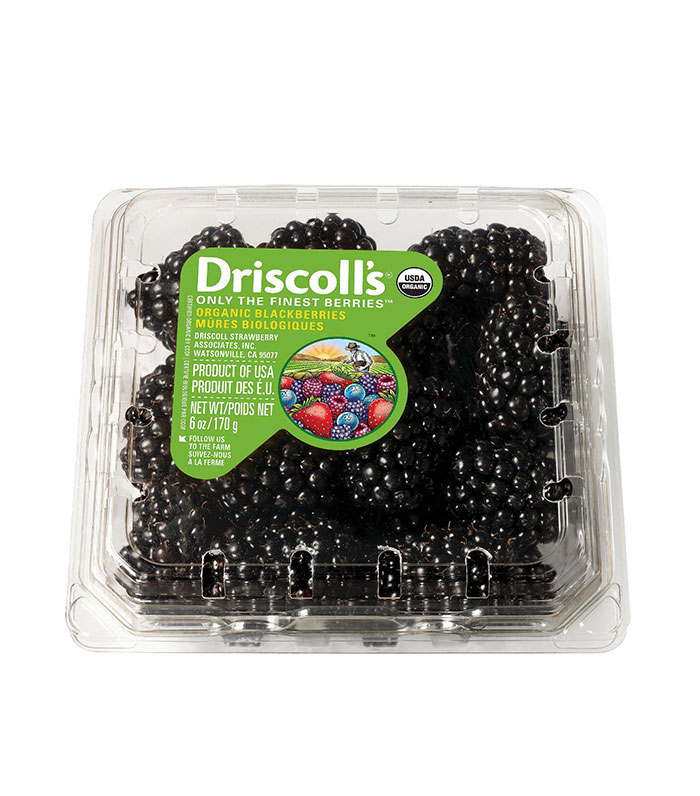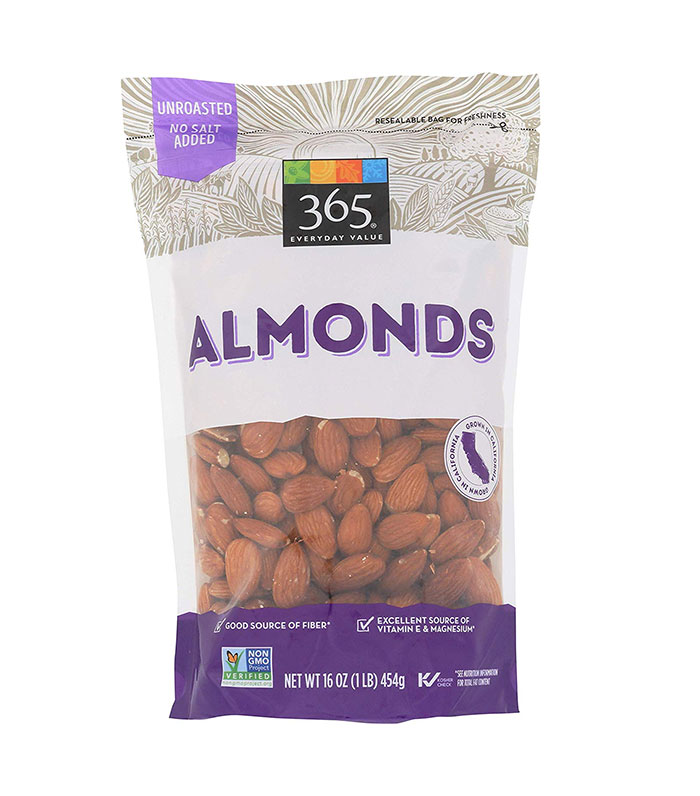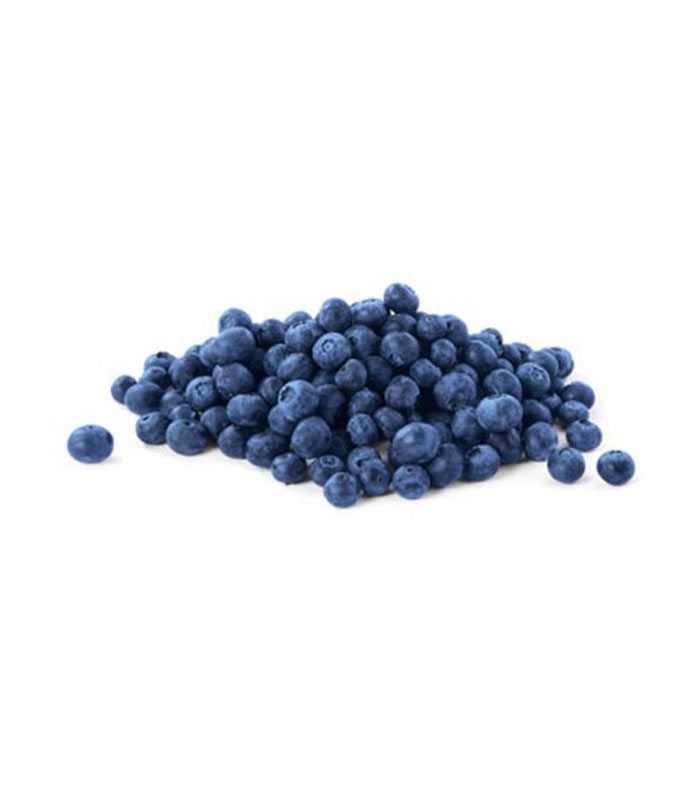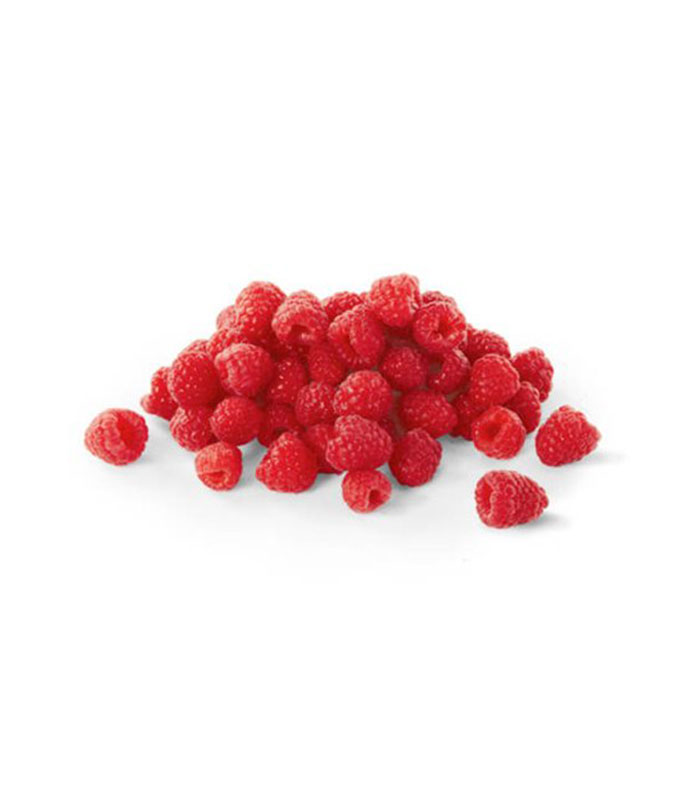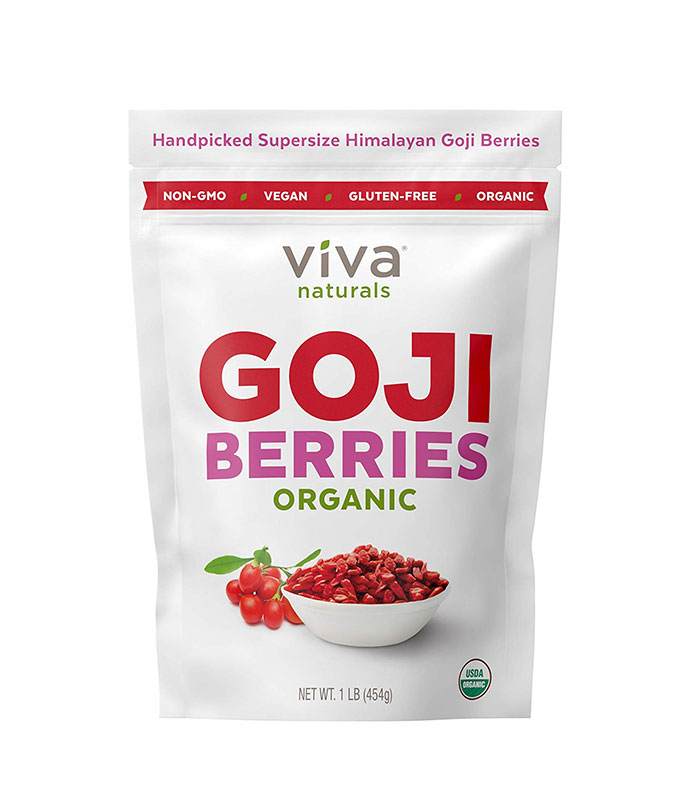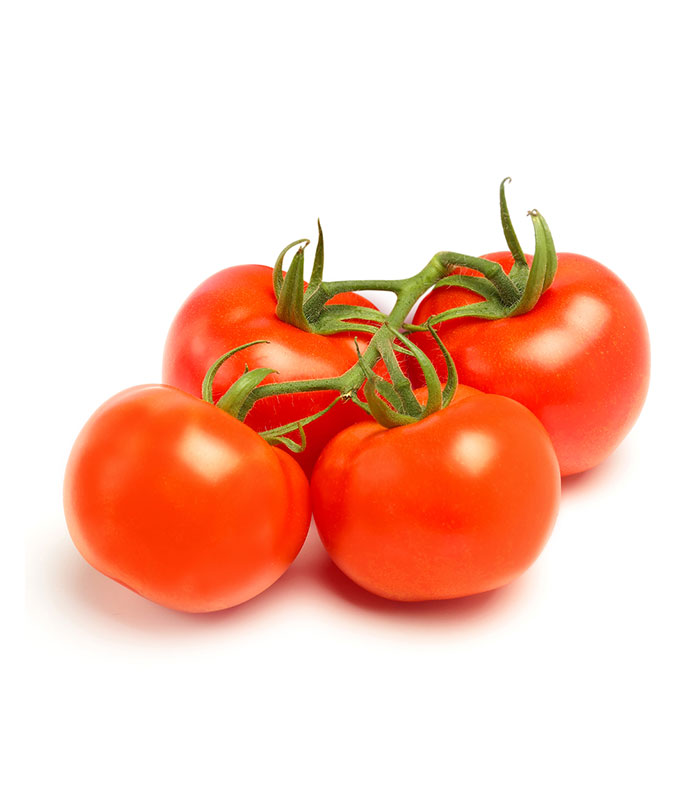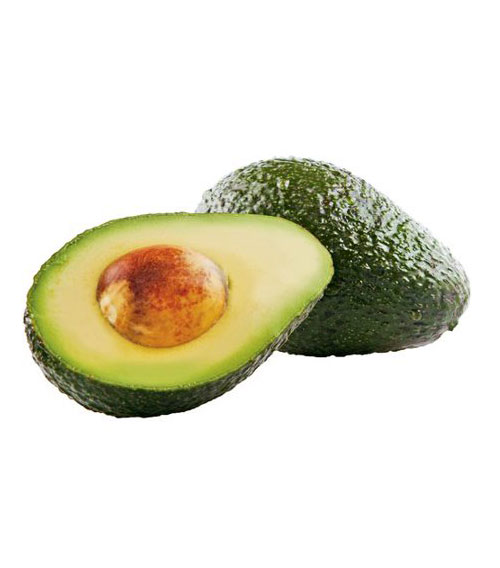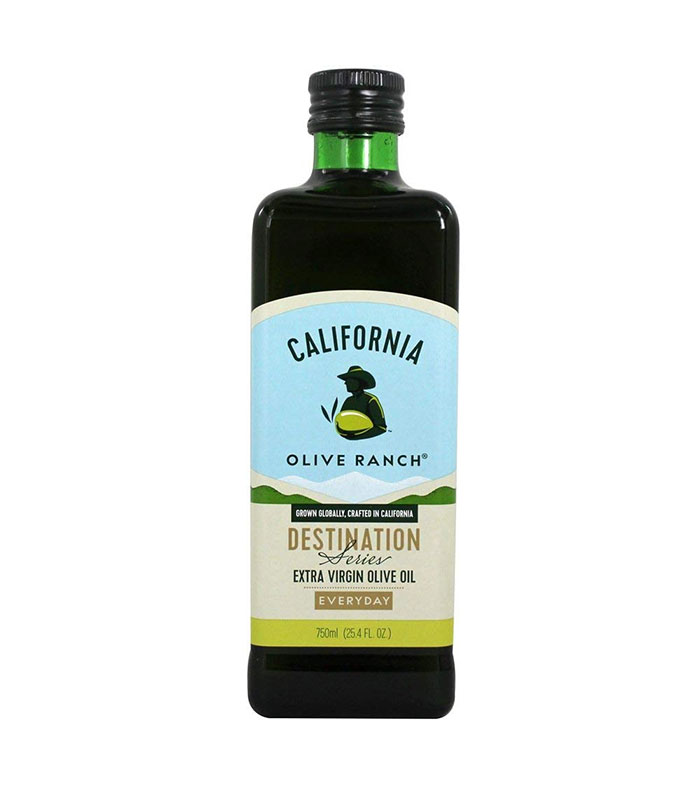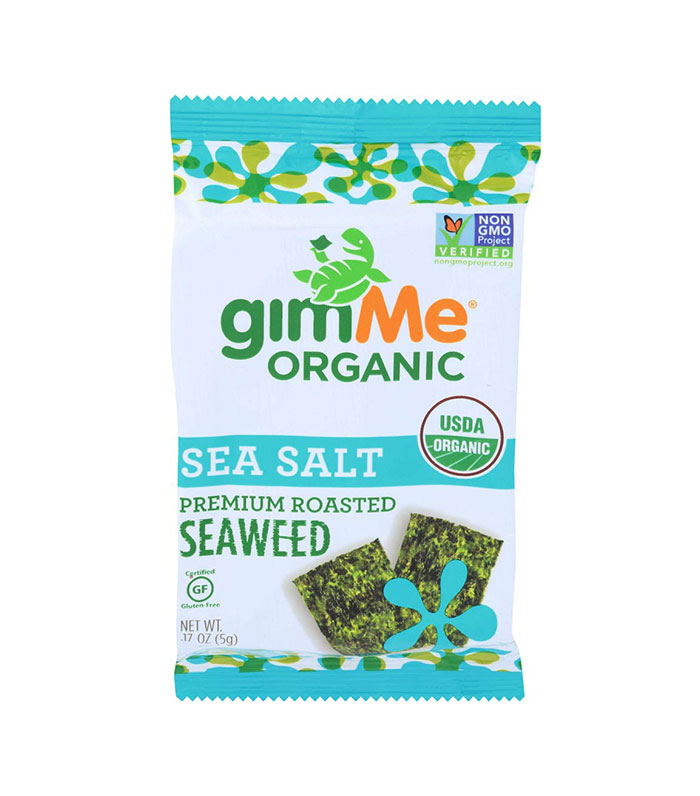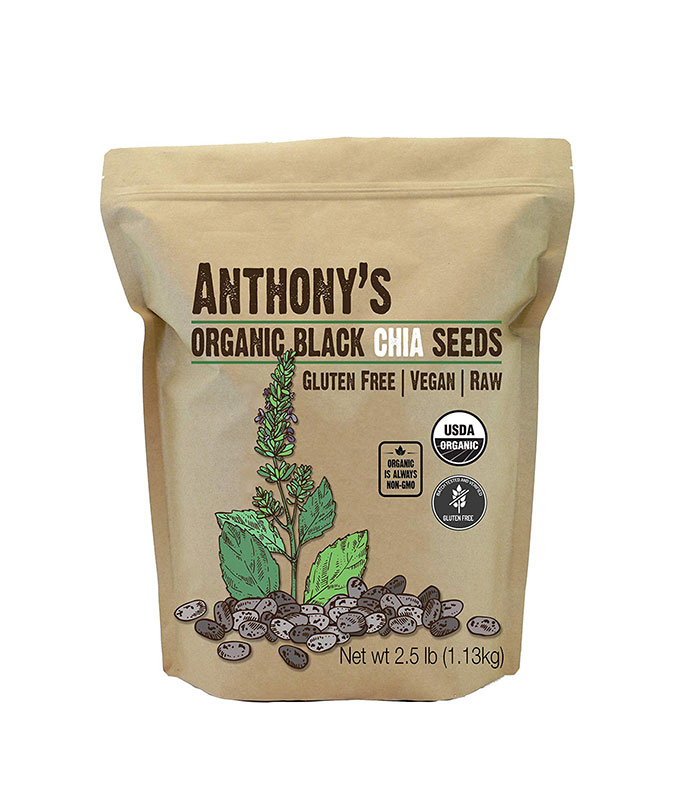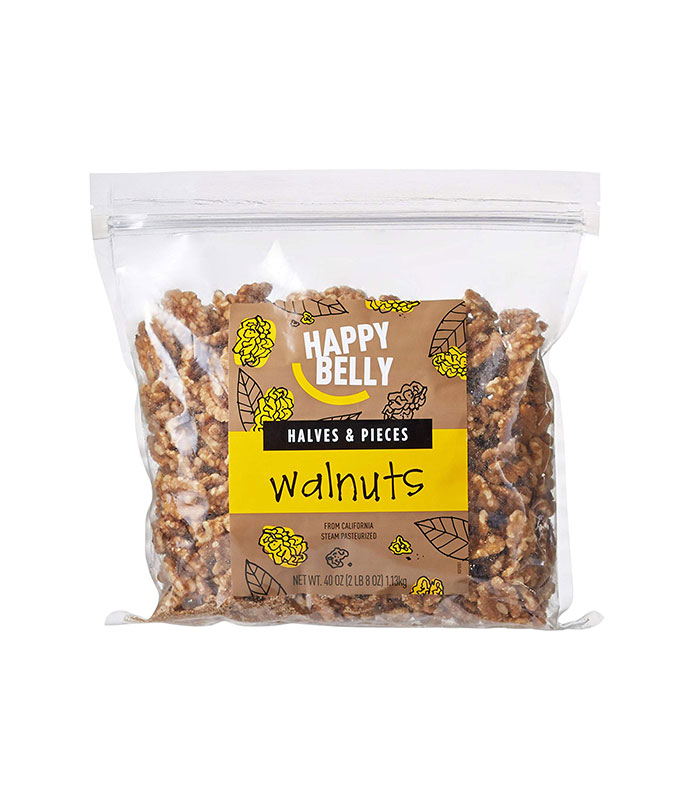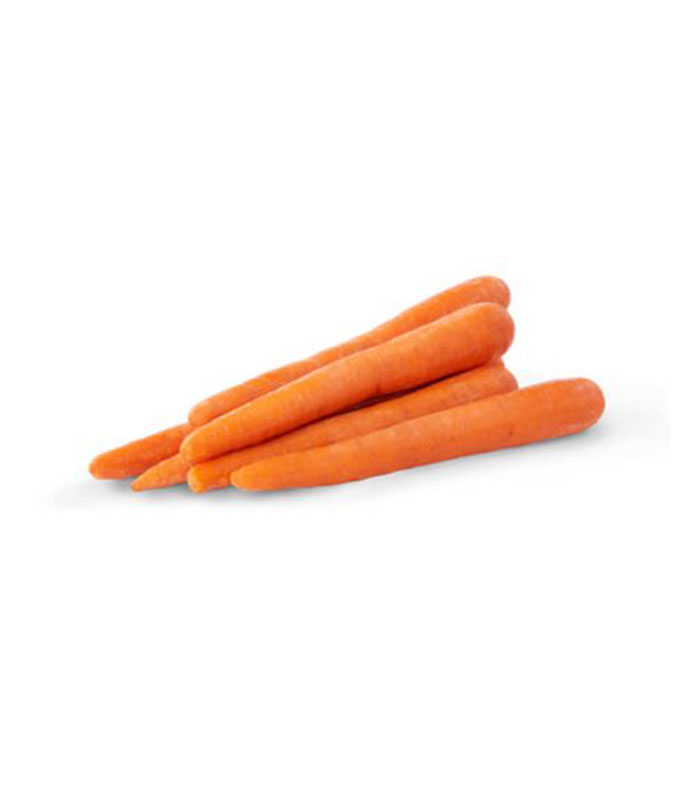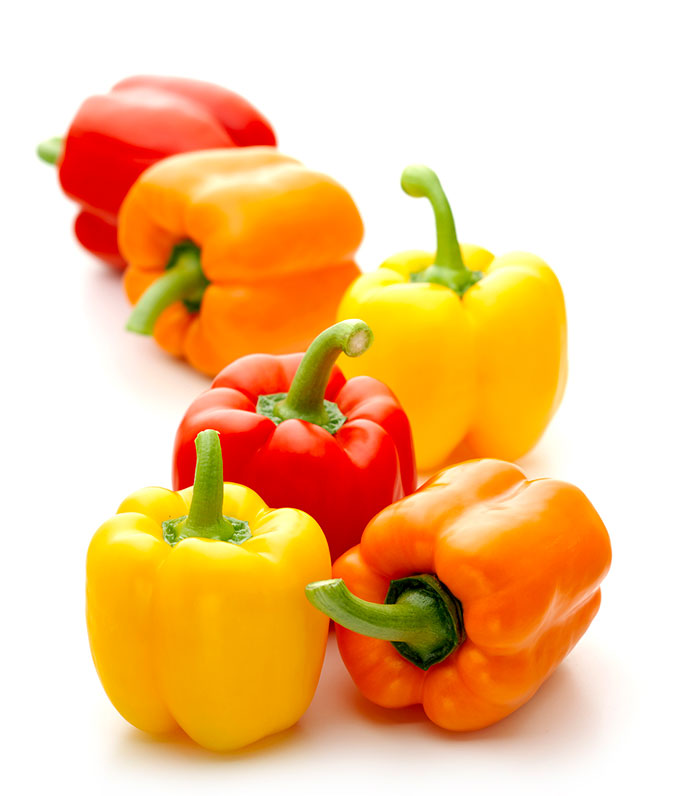I'm a 25-Year-Old Cancer Survivor, and These Are the Foods I Eat Now
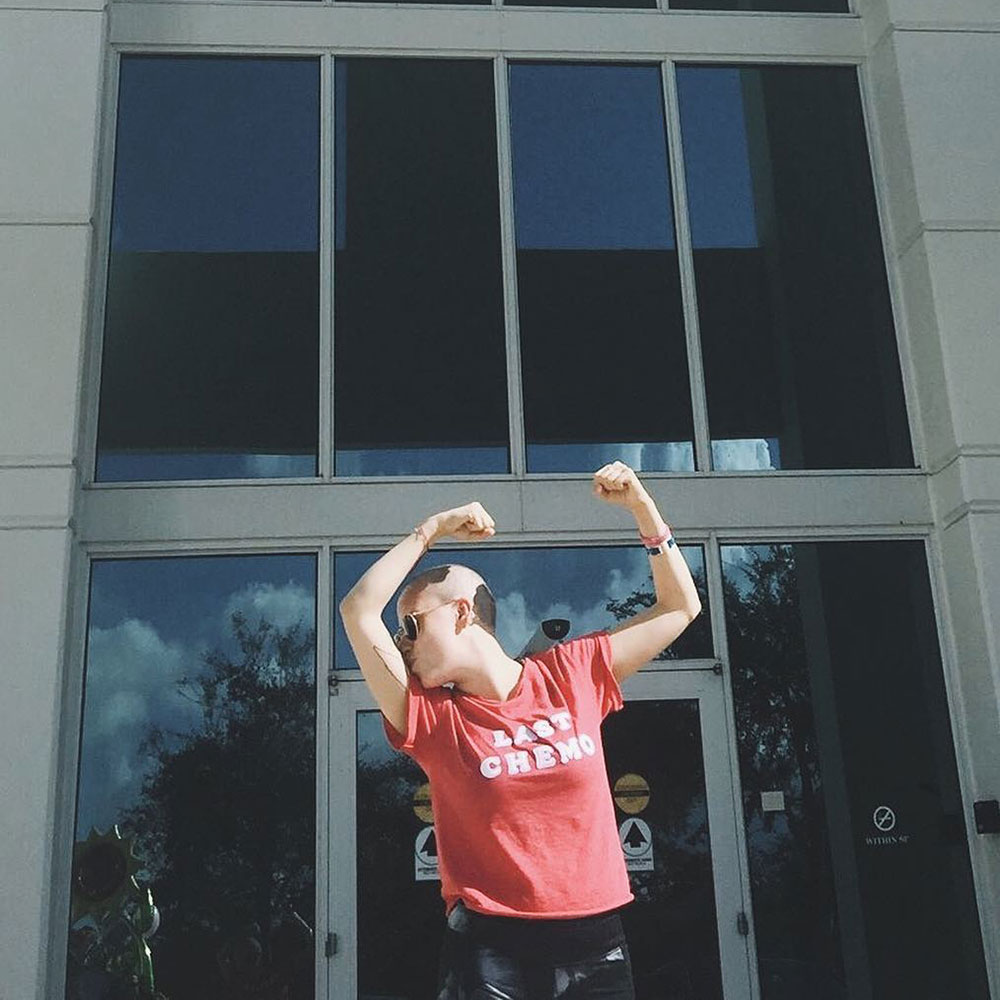
In trying to prevent certain diseases like cancer or diabetes, there is an array of foods that we are often told not to eat. When I was diagnosed with cancer at age 25, I was told by so many people and articles what foods could have caused it and what foods to avoid as I transgressed through treatment. While this was extremely useful information, I also wanted to know what kind of foods I should consume more of and how I could go about preventing another type of cancer or disease from attacking my body. What foods should I eat to keep me strong and healthy? Food, in its natural abundance, can offer so many medicinal properties that don't come in the form of a pill that you need to remember to take every day.
I recently read about a hospital in California that has a program called Shop With Your Doc, in which doctors go to grocery stores to meet with patients and help them with their healthy grocery choices. "There's no question people can take things a long way toward reversing diabetes, reversing hypertension, even preventing cancer by food choices," Daniel Nadeau, MD, said in a story about the program on NPR. Finding this movement brilliant, I wanted to learn more about the scientific ways that food can benefit our lives and help treat, prevent, and even reverse illnesses.
I already wrote about the foods that we should avoid, so this time, I wanted to share what foods I eat now to keep myself thriving.
High-Fiber Foods
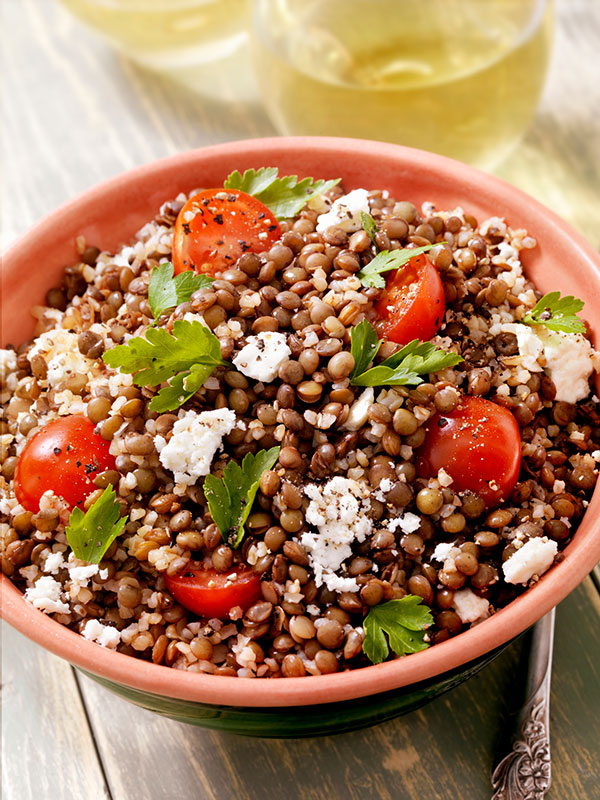
High-fiber foods can help keep cancer-causing compounds moving through the digestive tract before they can create harm. Lentils, blackberries, and almonds are my go-to high-fiber foods to include in my diet on a regular basis. This is my favorite recipe that includes lentils.
Antioxidants
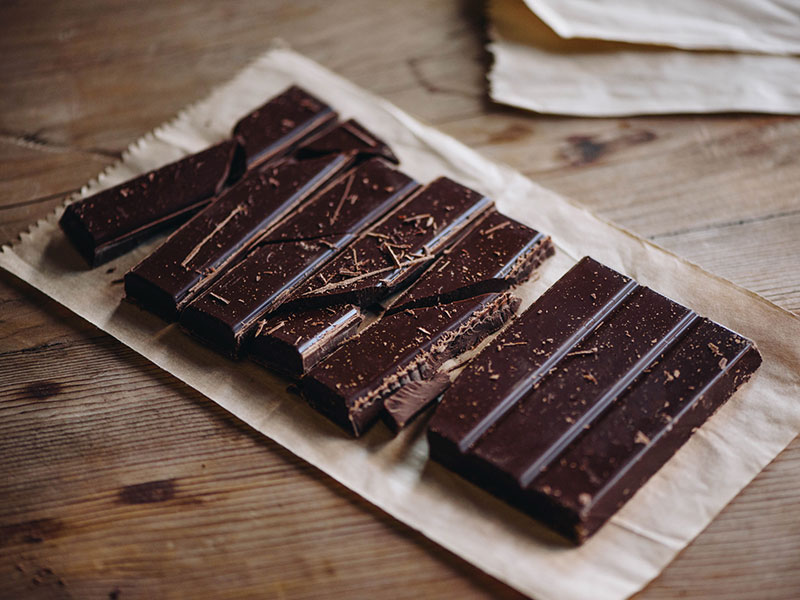
Antioxidants have been proven to help boost our immune systems, which can be very helpful in giving our body the best tools to ward off any sort of illness, even the common cold! Believe it or not, my favorite antioxidant to munch on is dark chocolate. Based on the ferric reducing antioxidant power (FRAP), dark chocolate has up to 15 millimoles of antioxidants per 3.5 ounces (100 grams). That's a significantly higher amount of antioxidants than blueberries and raspberries, which contain up to 9.2 and 2.3 millimoles, respectively, of antioxidants in the same serving size! Another newfound love of mine post-cancer are goji berries, which are actually a great pairing with dark chocolate.
Lycopene
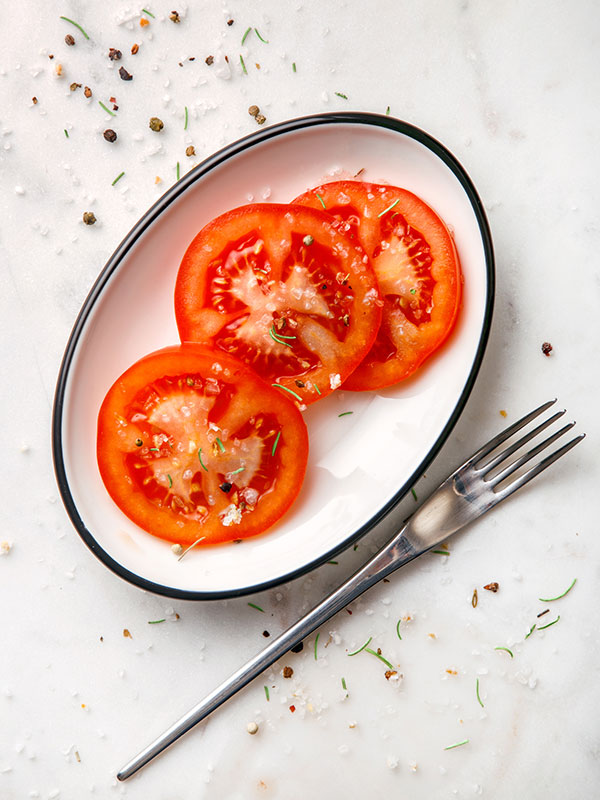
Lycopene is a strong antioxidant that protects us from environmental toxins and can prevent other chronic diseases. Some studies have said that lycopene can slow down the growth of breast and prostate cancers, along with reducing the likelihood of developing life-threatening heart disease. It's like a superpower antioxidant, as it's reported to also help your eyesight, reduce neuropathic pain, prevent seizures, and contribute to strong bones. Can I get this stuff injected every day, please? Probably not. So the way I get my healthy dosage of lycopene is to make sure to maintain a healthy balance of sun-dried tomatoes (to snack on, throw in pasta, or mix with salad) and watermelon snacks in my diet. This is how I make sun-dried tomatoes.
Fun fact: Most red and pink foods contain some lycopene. Tomatoes and foods made with them are the richest sources of this nutrient! The riper the tomato, the more lycopene it's got!
Healthy fats
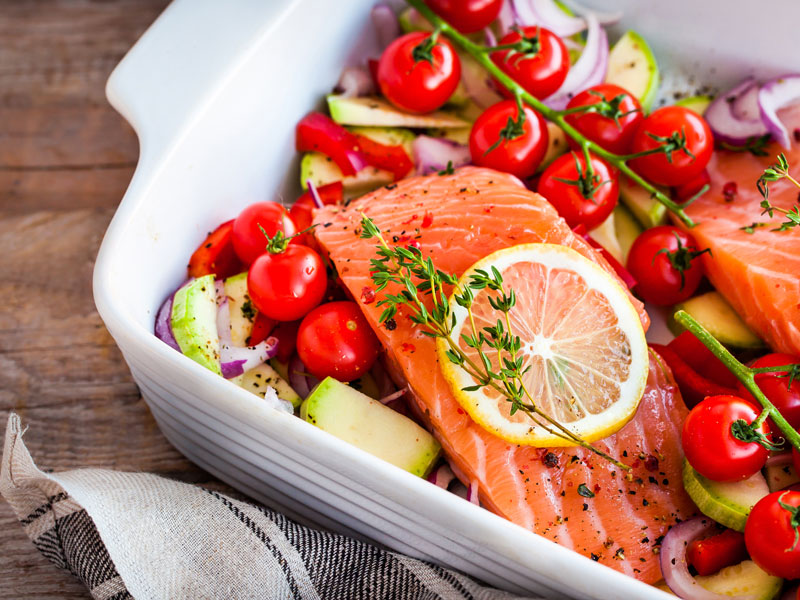
Healthy fats are another one for me. It might be confusing because you probably assume "fat" means bad, but fats come in many shapes and sizes. The phrase "healthy fat" usually refers to monounsaturated and polyunsaturated fats. The healthy fats that I make sure to consume on a regular basis help reduce LDL cholesterol, the kind that clogs your arteries. Monounsaturated fats are anti-inflammatory and have so many health benefits that can be found in olive oil (which I make sure to cook with on a regular basis) and avocados (hello, avocado toast).
According to the Mayo Clinic, these healthy fats can reduce the risk of cardiovascular diseases. Polyunsaturated fats contain two types of omega fatty acids, including omega-3 and omega-6. Omega-3s are usually associated with fish and are essential fats our bodies need for brain function and cell growth. Although I like to keep a 99% plant-based diet, I sometimes make exceptions for salmon. Through my diagnosis, I’ve learned to really listen to my body, and when my body is craving something, it generally means that my body is needing the nutrients that food provides. Sometimes I get significant and loud cravings for (wild-caught) salmon, which make me think that my body needs some omega love. If you are vegan and committed to not straying from the path, my usual go-to for omega-3s include roasted seaweed, chia seeds, and walnuts.
From my diagnosis, I've learned something that I think is very important to share with you: I must emphasize how magical our bodies are and how important it is to listen to your body and feed it the nutrients it is so clearly asking for.
Raw fruits and vegetables
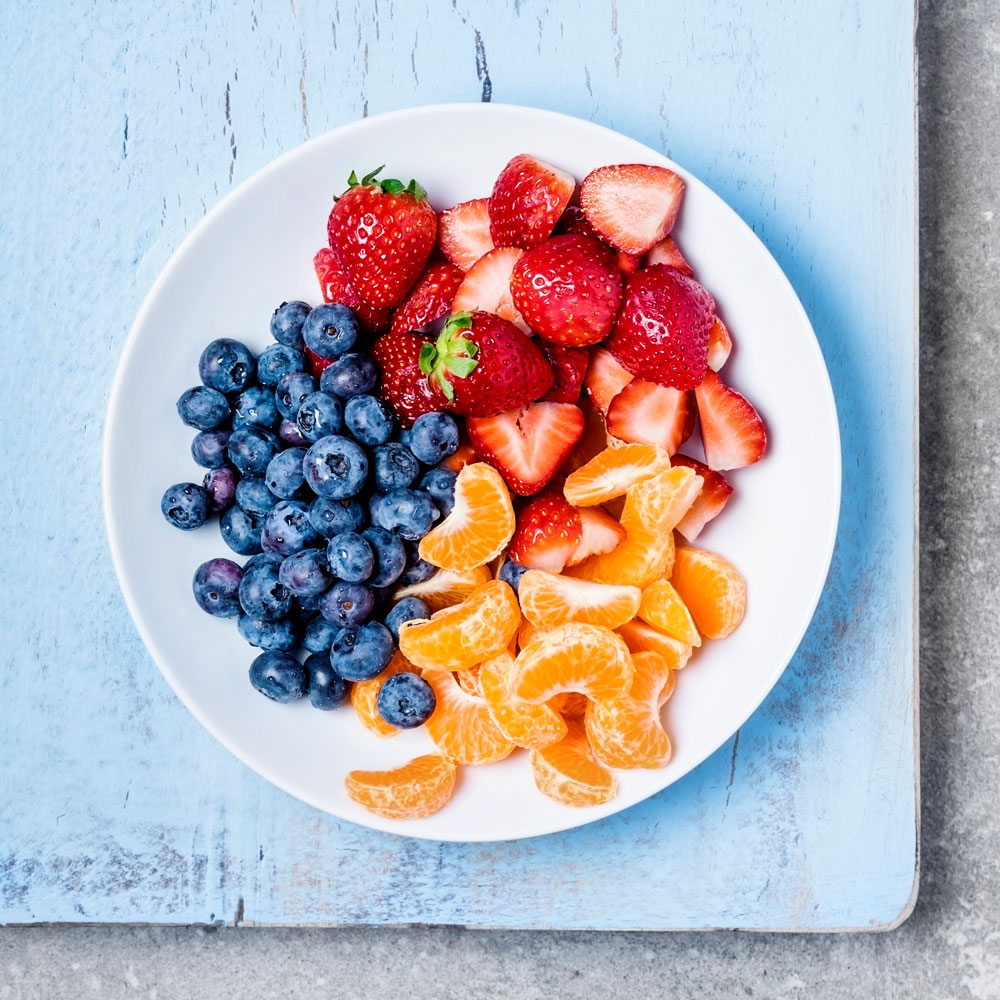
Raw fruits and vegetables are some other foods that I eat and maintain in my diet now. Raw foods have the highest amount of minerals and vitamins. These are really easy to incorporate! I eat carrots and bell peppers as yummy snacks throughout the day. They're filling and healing.
What foods do you eat as a source of medicine and prevention? Be sure to let me know by sending me a message on Instagram @radiantracheli.
Next up: These Are the Nontoxic Period Products a 25-Year-Old Cancer Survivor Swears By
This article is provided for informational purposes only and is not intended to be used in the place of advice of your physician or other medical professionals. You should always consult with your doctor or healthcare provider first with any health-related questions.
